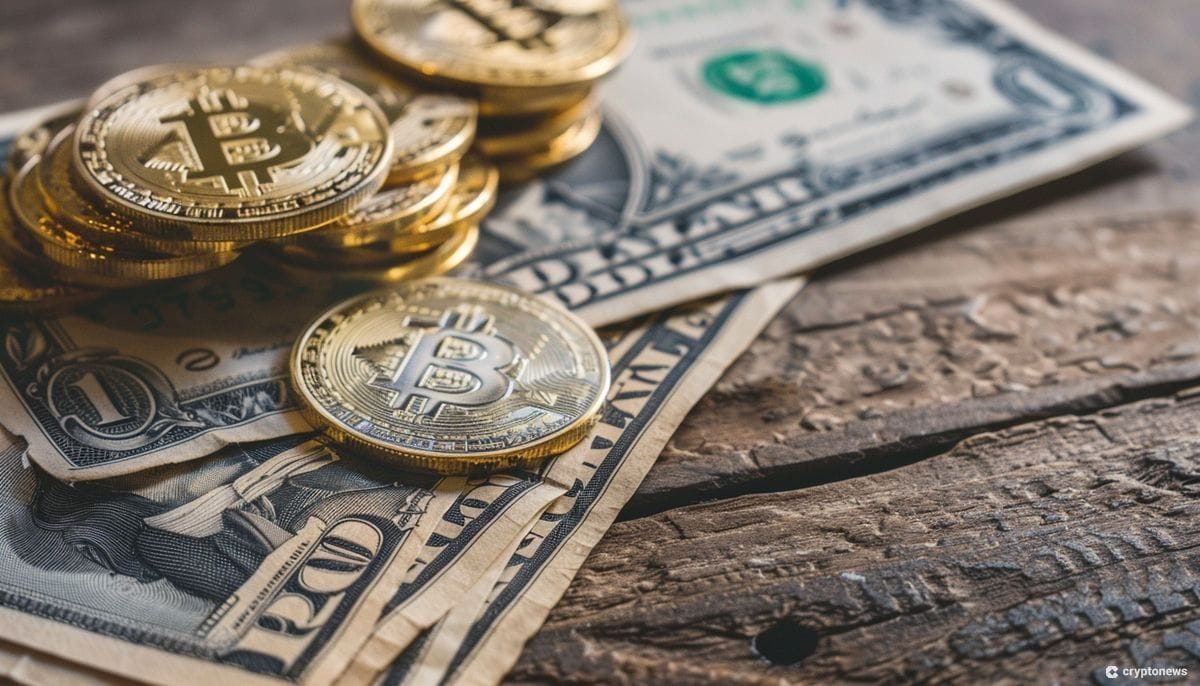In recent news, BlackRock, a major financial institution, has surpassed Grayscale as the largest holder of on-chain assets through its exchange-traded funds (ETFs). This milestone highlights the growing confidence among institutional investors in digital assets like Bitcoin and Ethereum, driven by the increasing approval of ETFs. As of the latest report, BlackRock’s ETF holdings in IBIT and ETHA have reached a staggering $21.22 billion, surpassing Grayscale’s combined holdings of $21.20 billion across its various funds. Despite this, Grayscale still holds a larger overall balance due to its GDLC fund, which manages approximately $460 million in assets.
BlackRock’s rapid ascent in the crypto space, especially since the launch of its Bitcoin ETFs in January, positions the company as a formidable competitor. Bloomberg ETF analyst Eric Balchunas predicts that if the current growth trend continues, BlackRock’s IBIT ETF could surpass Satoshi Nakamoto’s Bitcoin holdings by 2025. Recent market data reflects growing interest in BlackRock’s crypto products, with digital asset investment products seeing significant inflows. Major financial institutions like Capula Management, Goldman Sachs, and DRW Capital have also increased their holdings in IBIT, further solidifying BlackRock’s appeal in the industry.
In contrast, Grayscale is facing challenges with customer redemptions and significant outflows from its ETFs. One contributing factor to Grayscale’s struggles is its high fee structure, with fees of 2.5% compared to the industry average of 0.25%. To counter this, Grayscale has introduced a new Mini ETH ETF with lower fees to attract investors and curb outflows from its primary ETHE fund. This move reflects a broader trend, as Grayscale’s Bitcoin Trust also faced significant outflows following its conversion earlier this year.
BlackRock CEO Larry Fink has recently recognized Bitcoin as “digital gold,” describing the decentralized asset as a “legitimate” financial instrument. Fink highlighted Bitcoin’s potential as an investment that offers uncorrelated returns, particularly attractive during times of economic uncertainty and currency debasement due to excessive deficits in some countries. He believes that Bitcoin is an instrument to invest in when investors are more frightened, emphasizing its role as a hedge against traditional financial assets. Fink’s remarks showcase a shift in mindset among traditional financial institutions towards embracing cryptocurrencies as a valuable asset class.










